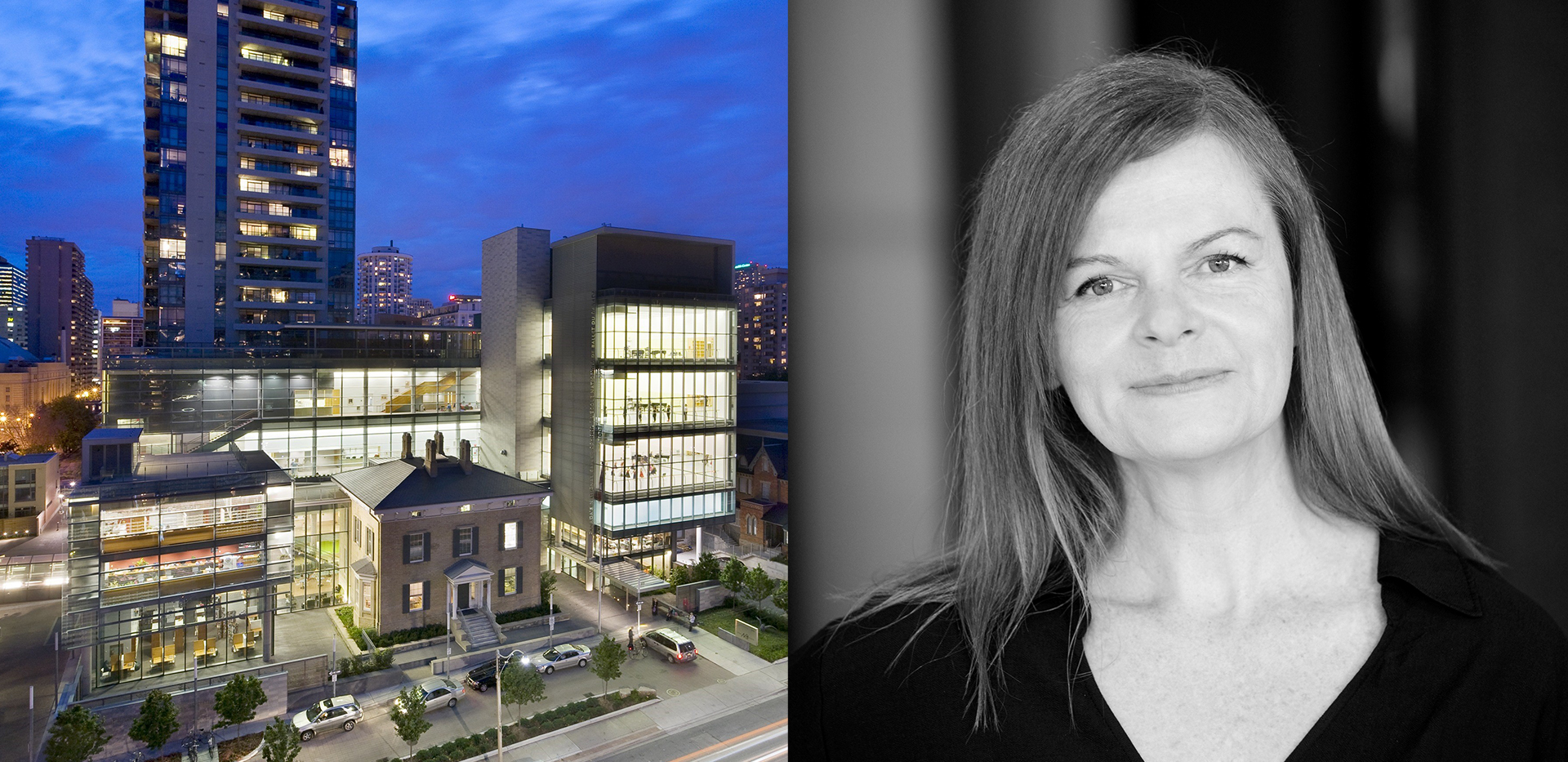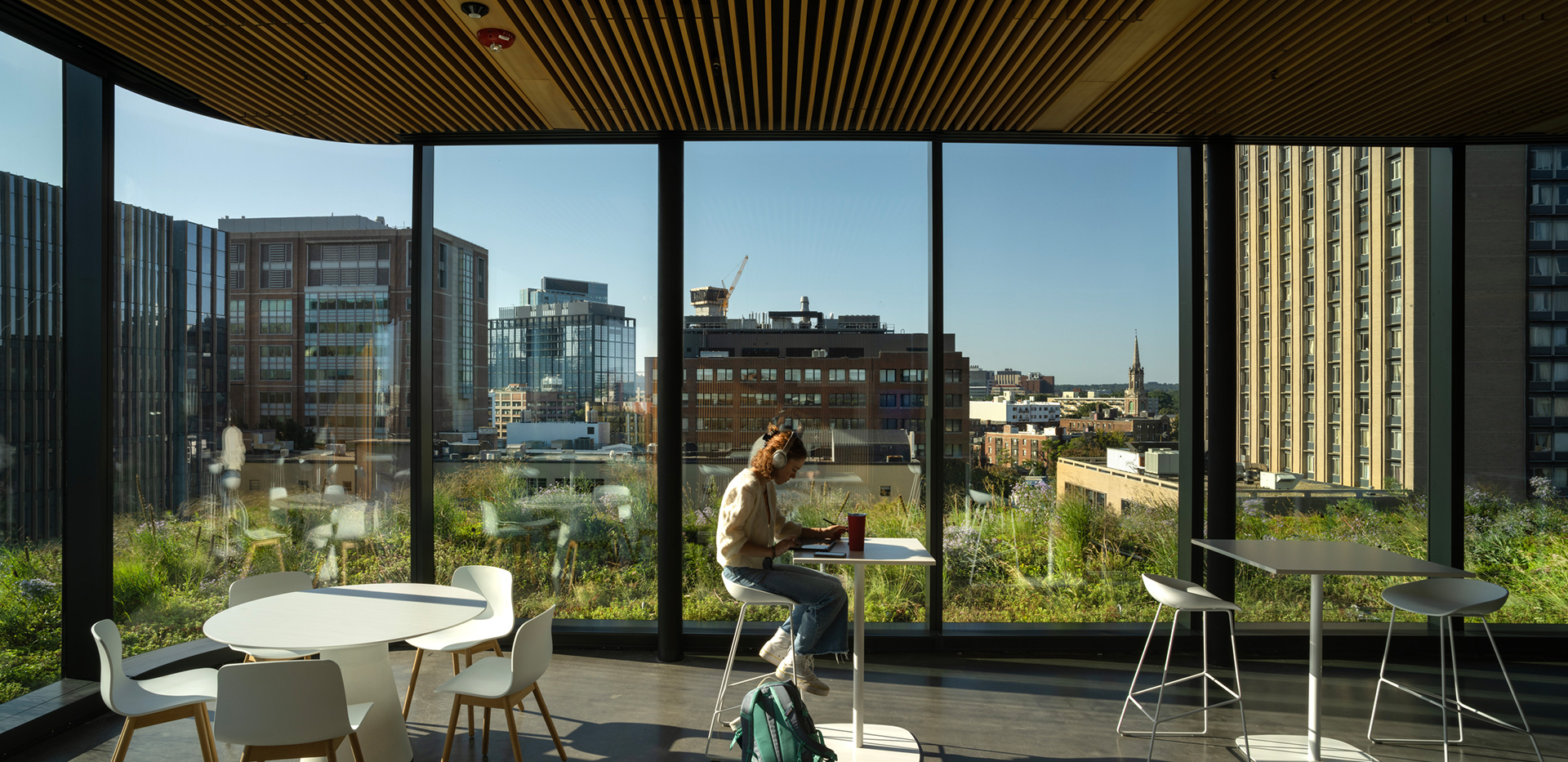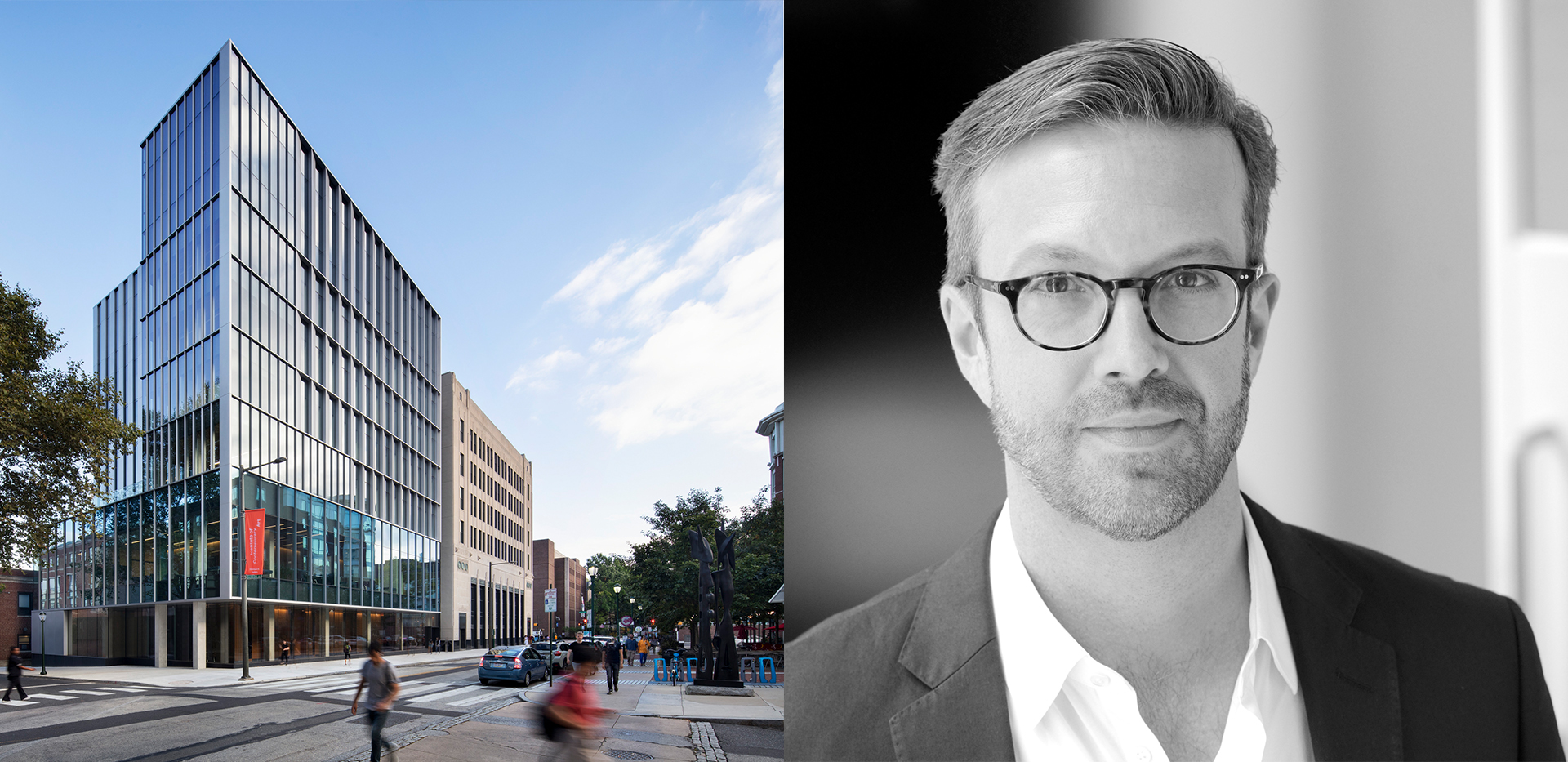KPMB Lab’s Year in Review: Looking back on 2024

Article content
Our world is rapidly changing with the unprecedented impact of the climate crisis. Through partnerships with universities and like-minded institutions and research at KPMB and beyond, KPMB Lab strives to develop innovative solutions for climate change adaptation and mitigation.
Great minds think alike
This year, the Lab joined the Toronto Atmospheric Monitoring of Emissions (TAME) at the University of Toronto, a multidisciplinary project that links academic researchers to federal and municipal government stakeholders and industry partners.
The Lab will contribute its expertise and data from KPMB buildings to TAME’s research, disseminate key findings within the architectural community and beyond, and share methods and tools for building a more sustainable future.
The Lab also represents the firm as a member of the Toronto BioBuild Collective (TBC) and the Toronto Circularity Network (TCN). TBC is committed to transforming building practices by integrating sustainable, bio-based materials into mainstream construction and TCN is working to advance the emergence of the circular economy in the city’s design, construction, and reconstruction industry.
On Earth Day, the Lab teamed up with MJMA, TAS, and Viking Recycling for a spring-cleaning event hosted by TCN. Attendees discussed and practiced material circularity in the built environment, bringing materials from their sample libraries to be sorted for discarding or recycling, with the goal of diverting as many materials as possible from landfills.
Leading the conversation on sustainable design
In the spring, KPMB Lab completed a life cycle assessment of KPMB’s office interior and presented it at the first-ever Embodied Greenhouse Gas Symposium at the University of Toronto.
Earlier in the year, KPMB Lab’s WBLCA Classification System received a 2024 In-House Design Award of Merit from the Registered Graphic Designers of Canada. The WBLCA Classification System proposes a system for classifying whole building life cycle assessments by methodology with the aim of reducing ambiguity and encouraging clear, accurate communication amongst practitioners.
In October, principal Kael Opie and Shahrzad Soudian, sustainability analyst at the Lab, spoke about strategies for whole life cycle carbon reduction at AZURE’s climate conference, Human/Nature. Soudian and Opie also presented a comprehensive framework developed by the Lab for whole building life cycle analysis.
A platform for knowledge sharing and collaboration
Throughout the year, the Lab hosted guest speakers at KPMB, including speakers from Ha/f Climate Design, TCN, and TBC, Shoshanna Saxe, associate professor at the University of Toronto and director of the Centre of the Sustainable Built Environment, and Thomas Auer, managing partner at Transsolar.
Guest speakers shared research with the firm and spoke about the importance of building more with less, embodied carbon accounting, bio-based materials, and reducing greenhouse gas pollution in the built environment.
Interested in a partnership, or learning more about the Lab’s work? Contact us at kpmblab@kpmbarchitects.com
)
)
)